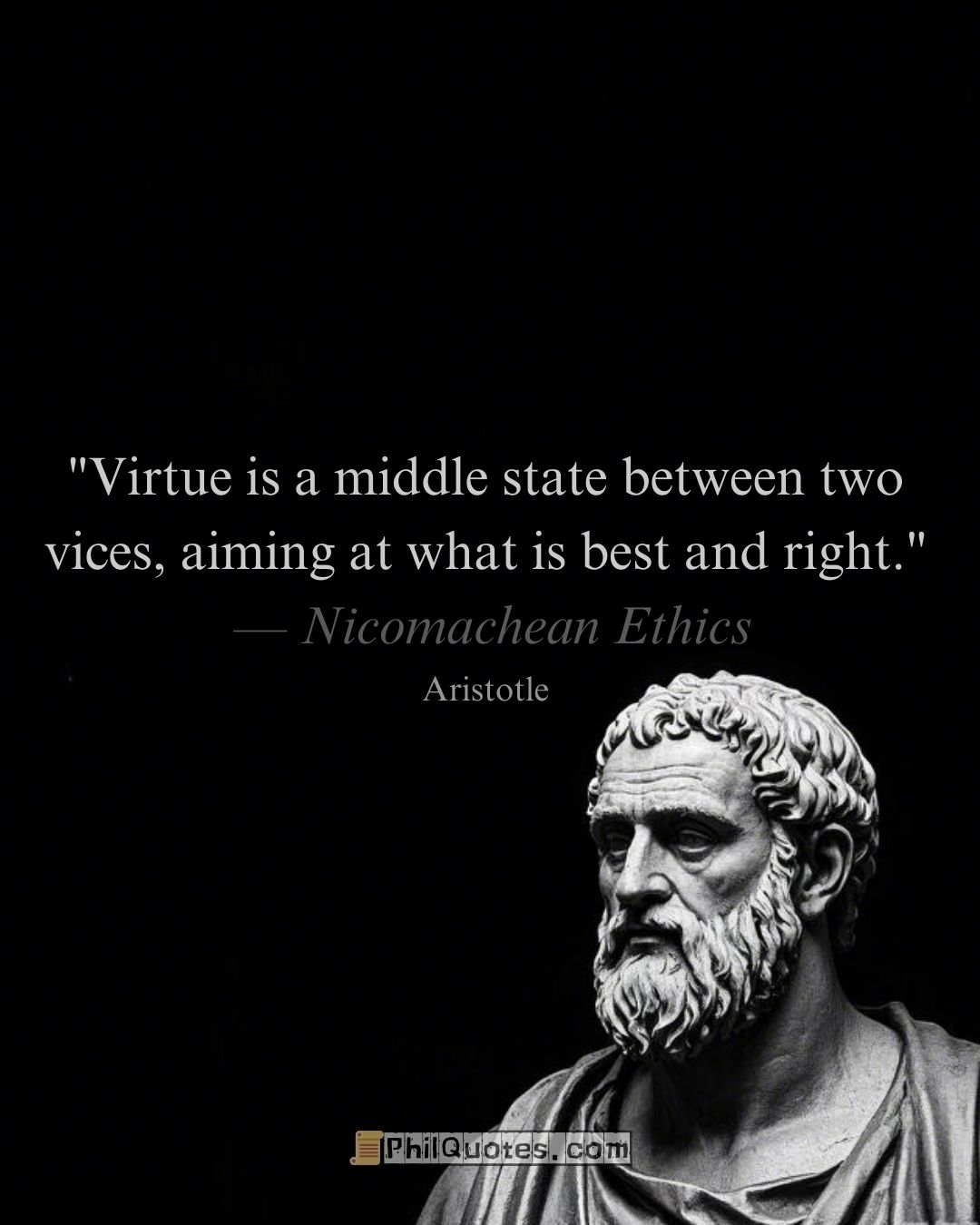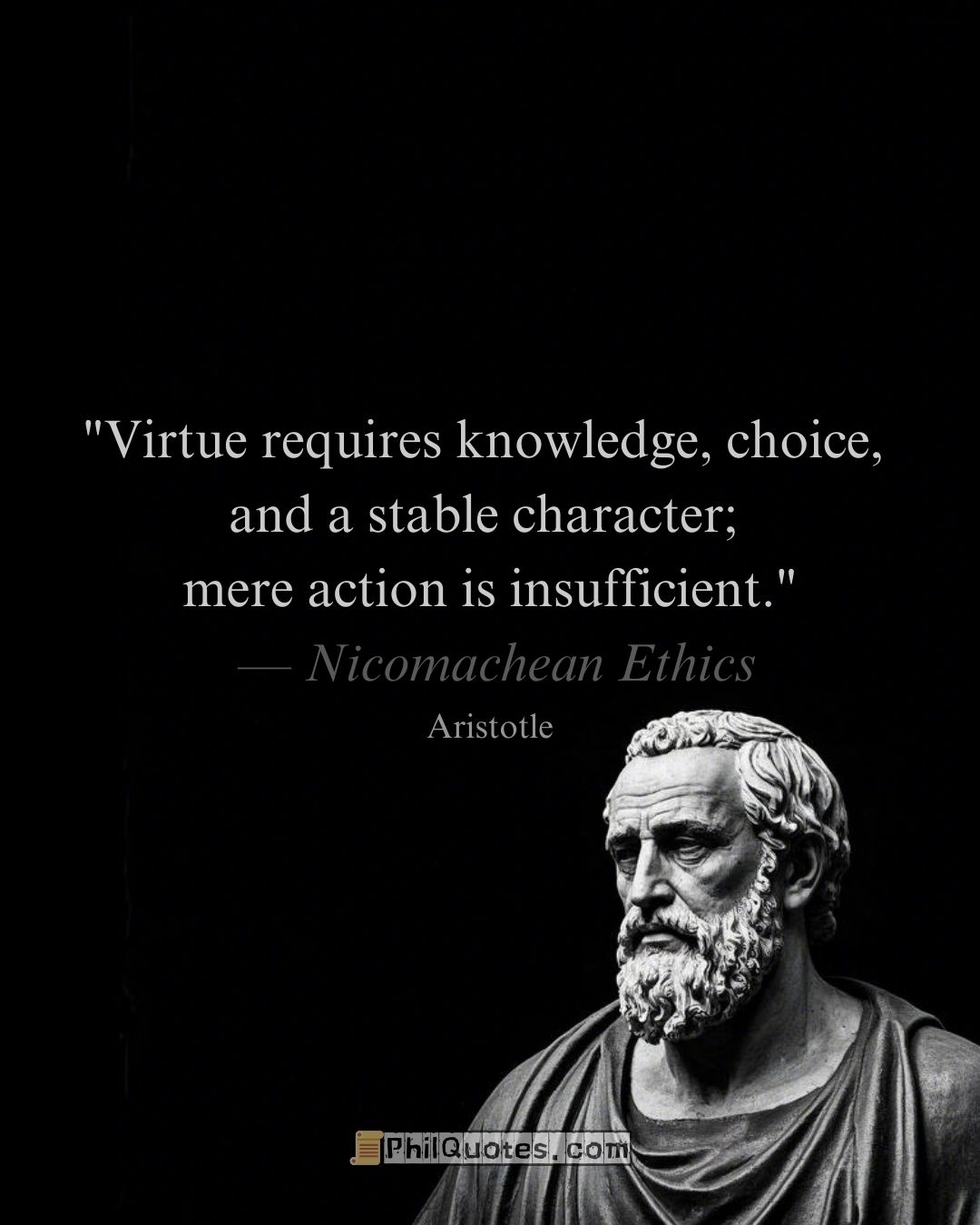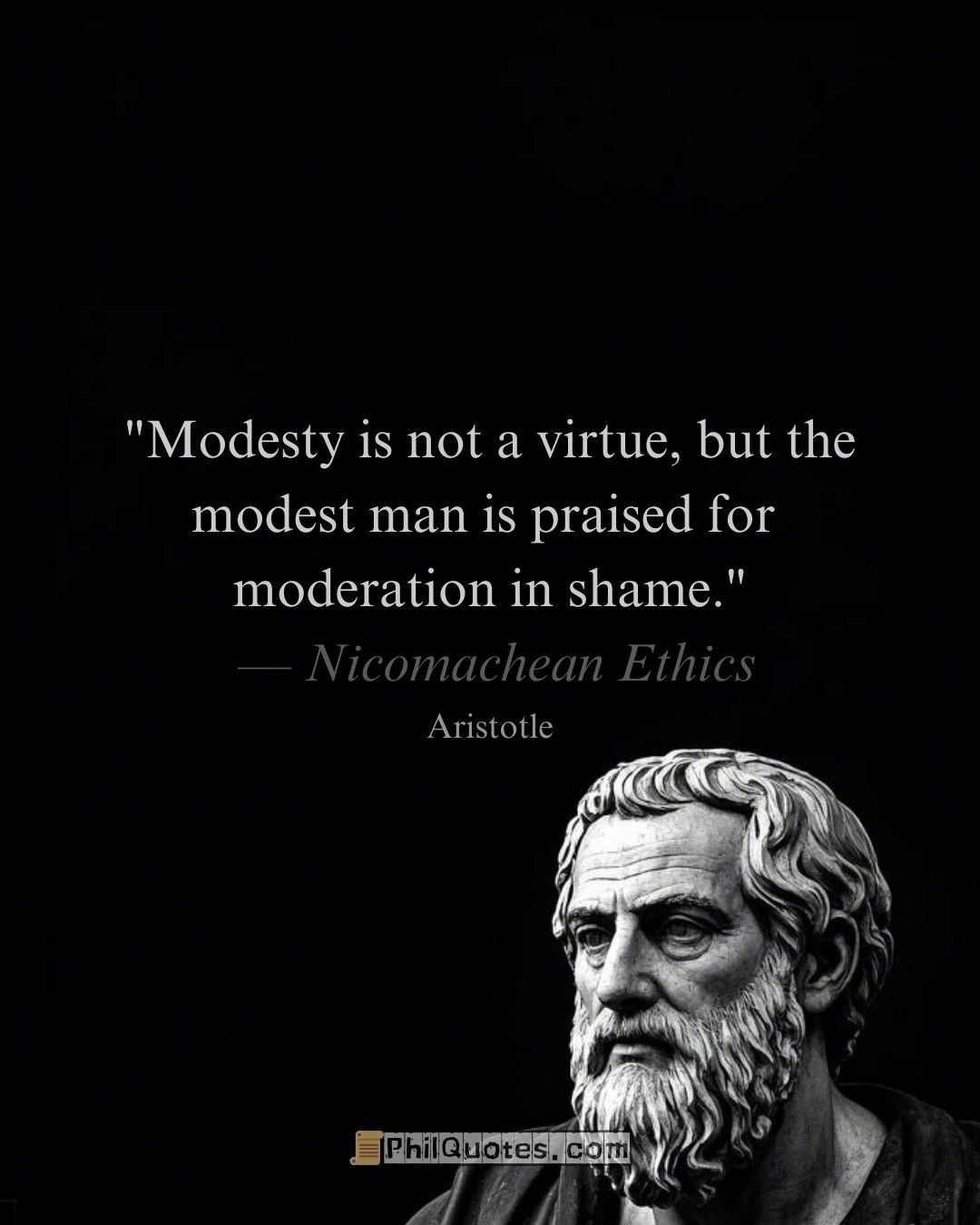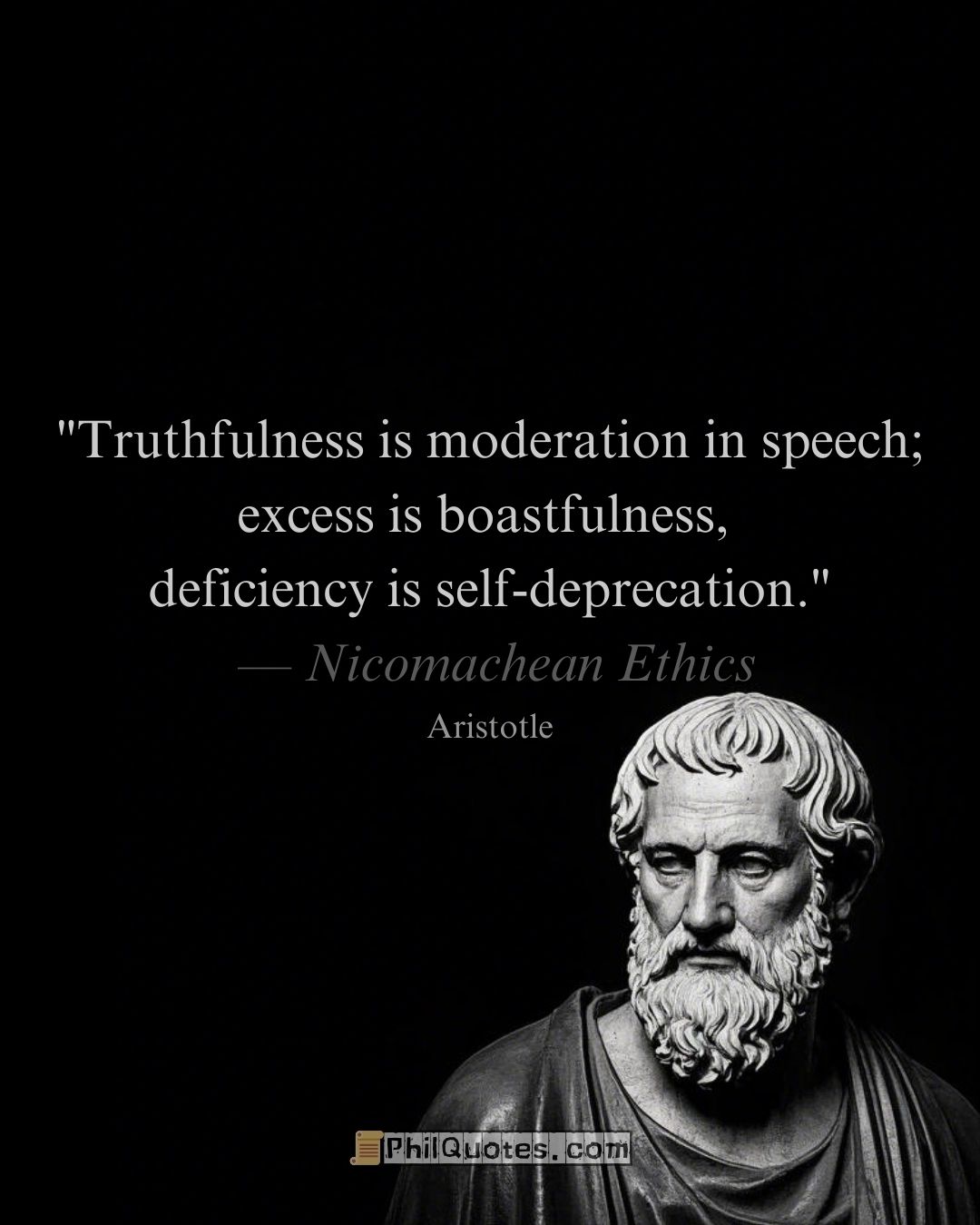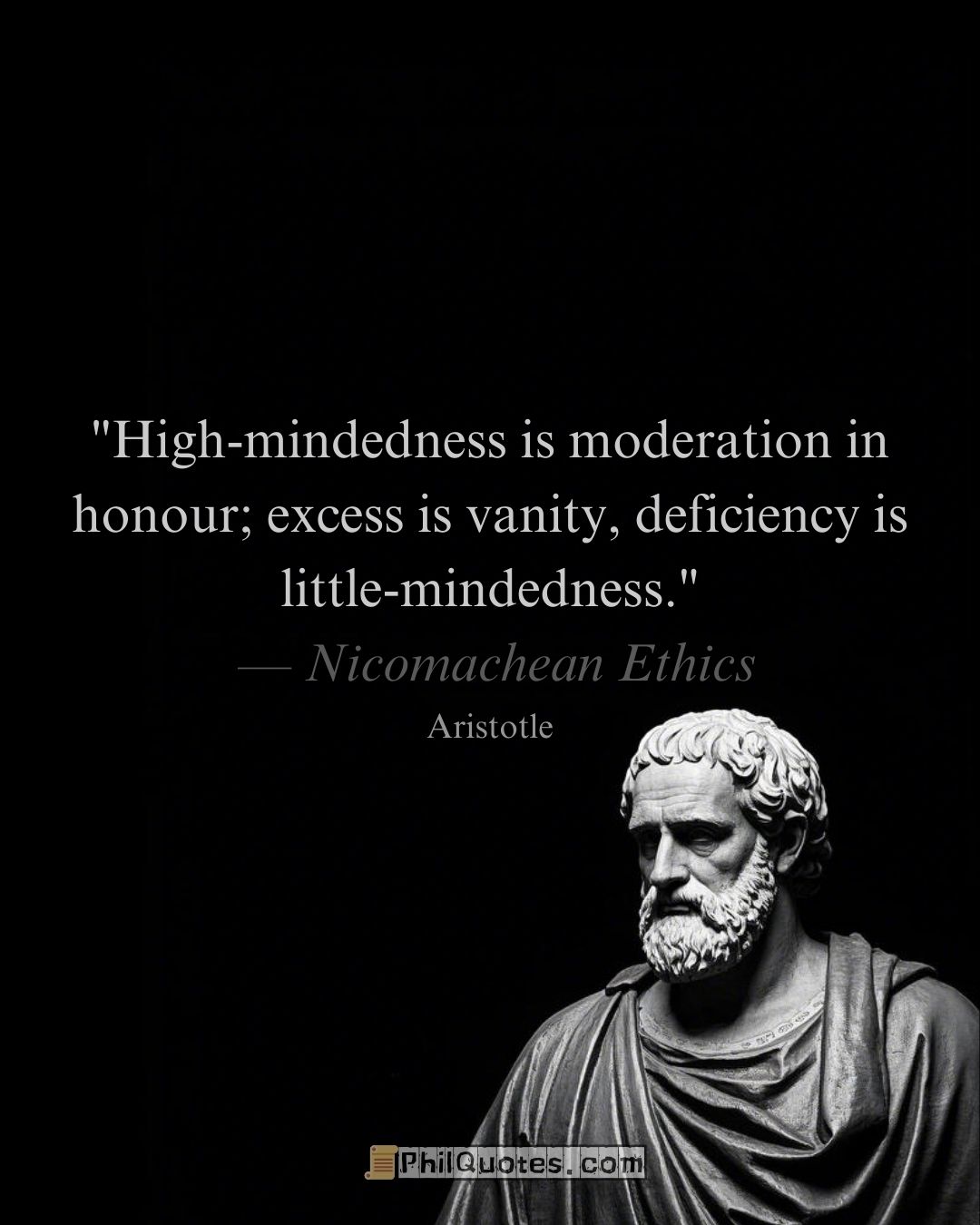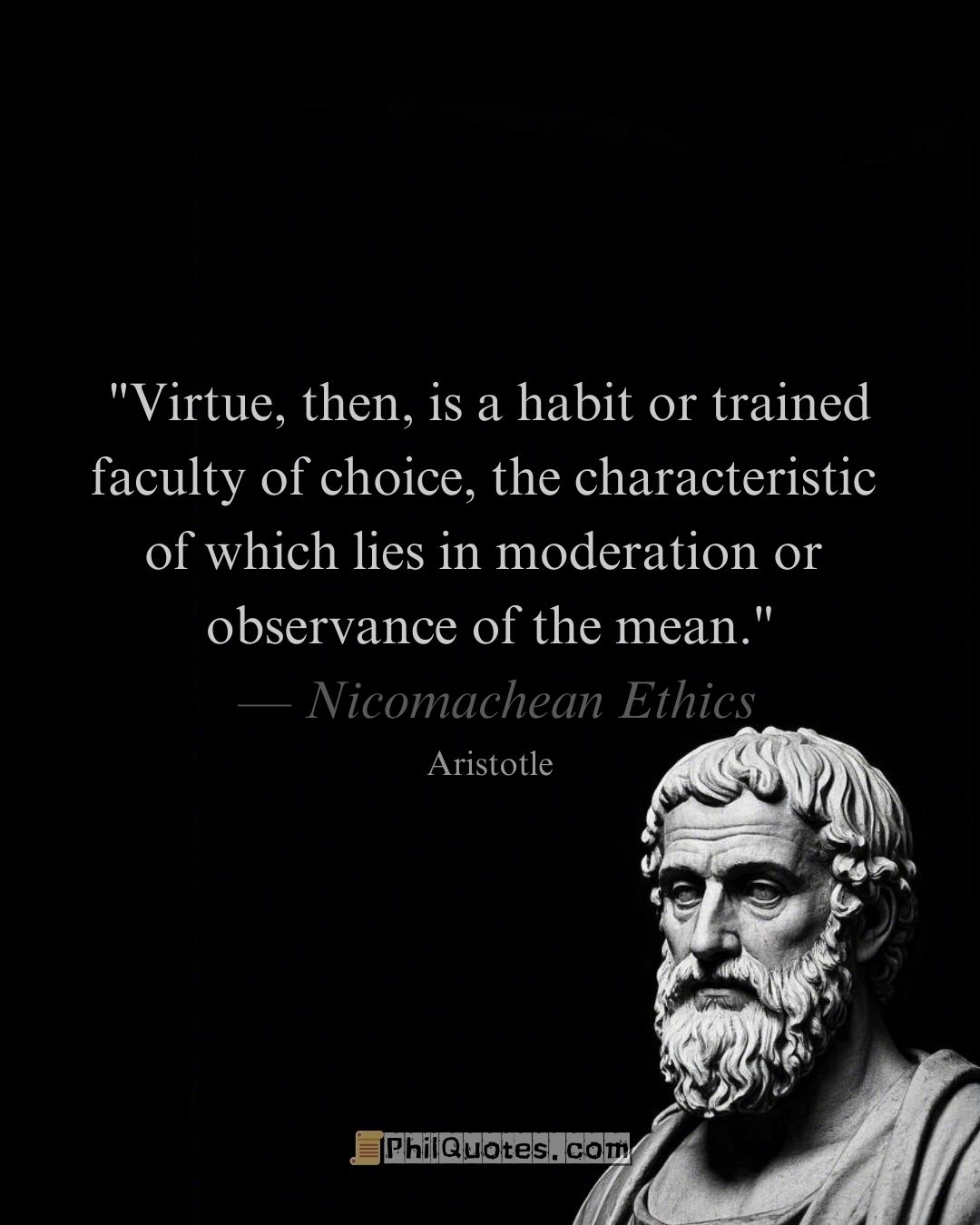Aristotle Nicomachean Ethics Quote:“Virtue is a middle state between two vices, aiming at what is best and right.”
“Virtue is a middle state between two vices, aiming at what is best and right.”— Aristotle, Nicomachean Ethics, Book II, Chapter 6(Translated by W.D. Ross) 🔍 Core Idea Virtue is your life’s GPS navigation — it steers between reckless speeding (🚗💨) and paralyzing hesitation (🚗🐢), guiding you to the optimal route. Like a smartphone’s adaptive … Read more
